TrustCloud KYC
Verify your customer data in seconds, anywhere, and mitigate fraud, risk, and financial crime.
Our electronic identity (eID) verification services are designed to verify individuals’ identities on an international level.
TrustCloud KYC has been created to help most companies comply with anti-money laundering (AML) and Know Your Customer (KYC) regulations, and to support the international eID verification requirements of different regulated sectors and entities.
Some of the world’s largest banks and other financial companies, insurance companies, money transfer and remittance companies, leasing and renting financial services companies, crypto currency exchanges, etc., take advantage of our KYC digital solutions, highly improving their cybersecurity and transactional activities.
TrustCloud KYC is used not only for identity verification, but also for fraud prevention, risk mitigation, age verification, and compliance with sector-specific regulations, among many other use cases.
FAQS
What does exactly KYC mean?
The KYC (Know your Customer) check is the mandatory process of identifying, verifying and analysing the risk of the client’s identity when making a transaction, opening an account and periodically over time for security matters. In short, it is a corporate practice to curb the incorporation of clients who may commit crimes through the company or who may become insolvent. It is therefore closely related to sectors such as banking and insurance.
How safe is KYC?
KYC is a necessary process for banks, financial institutions and money transfer companies of all sizes, as well as for insurance companies and all those where customer identity is critical. A company failing to follow the KYC regulations can result in regulatory risks, such as losing licenses and potential substantial fines.
What are the three basic components of a good KYC strategy?
- Customer Identification Program (CIP).
- Customer due diligence.
- Ongoing monitoring.






















